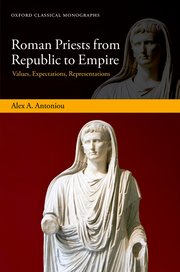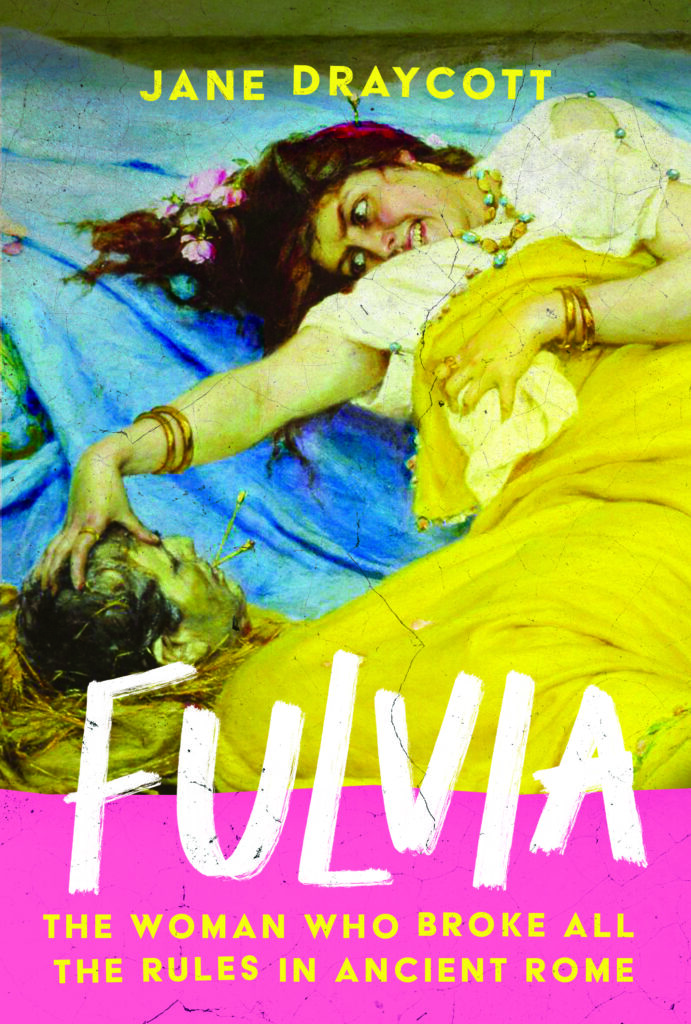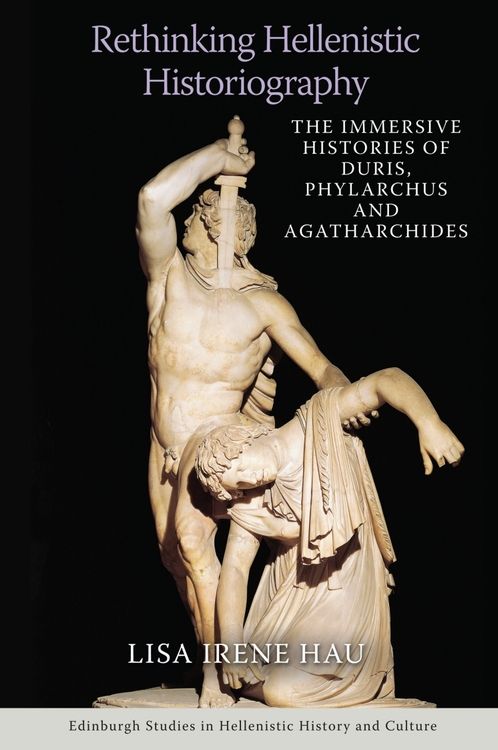On Thursday 4 December at 1730 we’re holding a book launch to celebrate the publication of three recent books by colleagues in Classics. This will take place in the Humanities Research Hub in 1 University Gardens. All welcome!
Antoniou, A. 2025. Roman Priests from Republic to Empire (Oxford).
This book reconstructs the values, expectations and representations of priests and priesthoods in ancient Rome from the republic to the early empire. Challenging preconceived assumptions that Rome’s priests were important primarily because of their political currency, Roman Priests from Republic to Empire proposes a more nuanced reading of our ancient evidence for these significant men and women. Considering priests from Rome’s mythical and legendary past through to the early second century CE, this study demonstrates that the social and moral worth of priests was fundamental to Roman thinking in the late republic and into the early empire. It reasserts the importance of the category of priesthood in ancient Rome, above and beyond other civic or magisterial roles for Romans (for example, those of magistrate or senator), and proves that priests were expected to be of greater moral and social worth than others.
Alex A. Antoniou reveals first that there was a Roman vocabulary of virtues which had a particular resonance for Roman priests, which described both the qualities that priests were expected to maintain and the modus operandi of priests within Roman society. Second, this study demonstrates that priests and priesthoods were fundamental to the ways in which Romans both conceptualised Rome’s legendary and historical past, and negotiated the challenges and successes of their current circumstances. Ultimately, this study proves that perceptions of the moral worth and virtue of Rome’s priests were embedded in Roman socio-ethical discourse.

Draycott, J. 2025. Fulvia: The Woman Who Broke All the Rules in Ancient Rome (London).
The charismatic Fulvia amassed a degree of military and political power that was unprecedented for a woman in Ancient Rome. Married three times to men who moved in powerful circles, including Marc Antony, Fulvia was not content to play the usual background role that was expected of a wife – instead she challenged the Roman patriarchy and sought to increase her influence in the face of determined opposition. It’s rare to know so much about a particular Roman woman, but Fulvia was so despised by her male detractors that she was much written about. Jane Draycott has used original sources to piece together Fulvia’s life and sort fact from fiction, while also exploring the role of women in Roman society.

Hau, L. 2025. Rethinking Hellenistic Historiography: The Immersive Histories of Duris, Phylarchus and Agatharchides (Edinburgh).
This book offers a new examination of the so-called tragic historiographers Duris and Phylarchus, as well as the 2nd century BCE historiographer Agatharchides, using Polybius as a foil throughout. Lisa Irene Hau investigates the fragments and discusses the characteristics of each historical work in terms of themes, style and historiographical method. The analysis shows that these three historiographers deliberately wrote a different type of history from Ephorus and Theopompus, aiming to engage the reader sensually and emotionally in the historical narrative. Hau suggests ‘immersive historiography’ as a more fitting term than ‘tragic history’, and argues that the purpose of this experiential engagement of the readers was didactic: to teach them what it had been like to live through events of the past.In the second half of the book, immersive historiography is placed in the context of ancient literary theory, Peripatetic philosophy and Hellenistic poetry and visual art. Applying the theory of immersion to ancient texts and placing these ‘tragic’ historians in their contemporary cultural context provides a new and innovative way of understanding of Hellenistic historiography.


